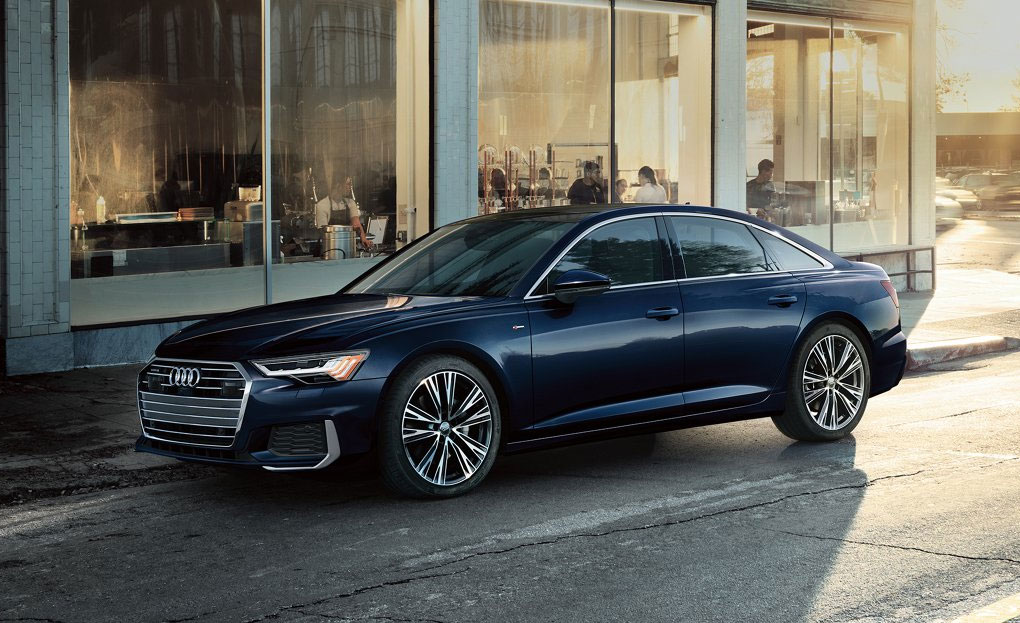Car expenses can be a significant business cost for most business and especially so for small businesses. However, when it comes to deducting allowable expenses for your business taxation, various factors come into play. The IRS has provided various guidelines that govern deductions for car-related business expenses. These guidelines are detailed below:
Table of Contents
Business Use Only
The IRS allows for the car expense deductions applied to business use only. If you use your car for both personal engagements and business, you will need to assign the business expenses first before making deduction. Travel between your home and place of work is considered personal use and this mileage will not be deducted while claiming the automobile business expense. You can calculate what percentage of the car mileage is for personal use and use the percentage to establish the car expenses. This is one area that the IRS places keen scrutiny and therefore, you will need to be careful when allocating the car expenses.
Depreciation Expense
The major car expense that is allowable for tax purposes is the depreciation element. The IRS provides detailed guidelines as to how to depreciate the value of the car over time for purposes of taxes. The depreciation procedure depends on the weight and price of the car.
Huge Tax Break for Cars Over 6,000 pounds
For cars that weigh over 6,000 pounds, the IRS allows for full depreciation in the first year of purchase. You can therefore, deduct the whole purchase price of the car before paying taxes. If the deduction of the car costs generates a business loss, you can offset the loss against other incomes or carry the tax liability forward towards a tax refund. This is a huge tax break that is worth consideration for anyone seeking to purchase a car for business purposes. Most car manufacturers including General Motors, Ford, Toyota, Honda, Mercedes Benz, Jeep, and Nissan all have a vehicle weighing over 6,000 pounds that qualifies for this full depreciation tax break.
Depreciation for Other Cars
For cars that weigh below 6,000 pounds, the depreciation is done over several years. For the cars priced over $15,300.00, the depreciation allowed for 2010 is $11,060 irrespective of the price of the car. The cars are then allowed a further depreciation deduction for another 5 years until 2015. However, cars purchased for $30,625.00 and above will have higher allowable depreciation deduction for 2011 to 2015 as compared to cars that were priced between $15,300.00 and $30,625.00.
Other Allowable Business Car Expenses
Besides the depreciation expenses, the IRS also allows for the deduction of other car expenses such as car maintenance, insurance, gas, and any other expense that is for business purpose. A business has two options for reporting these other non-depreciation car expenses. The business can opt to deduct actual costs incurred or it can opt to deduct 51 cents for every mile covered. However, in practice, using the actual costs will come to higher car expenses and therefore, a larger deduction, except for more fuel-efficient vehicles such as hybrids. You can always calculate both options and see which one gives you more deductions.

